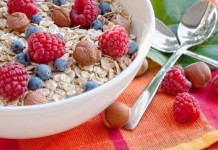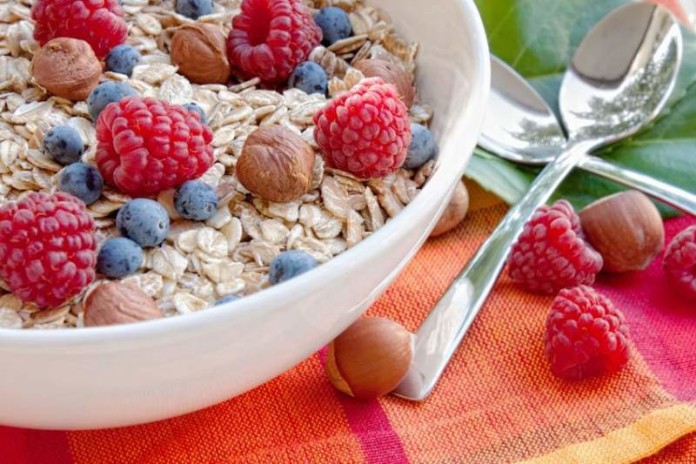What to eat, what not to eat when pregnant can be a never ending dilemma with all the contradicting information you find online. I spent so much time reading about what I could and couldn’t eat during my first pregnancy that I became completely paranoid about everything I’d put in my mouth. I mean if you go by what everyone is writing or saying out there, it’s like you need to wash everything with soap and cook everything until it turns to rubber.
I’m no health guru but I personally think a balanced diet with plenty of good nutrients is what matters the most. Of course there are some foods you may want to stay away from just to be on the safe side but overall I think we shouldn’t stress too much over what we eat while pregnant. Pregnancy should be a nice and enjoyable time for both mum & bub. Remember what they say, happy mummy = happy baby.
The following information will guide through the different food groups and nutrients you should keep in mind when preparing your meals.
Proteins
Protein is perhaps the single most important macronutrient for women to eat when pregnant. Protein affects brain and tissue development and can help prevent against miscarriage. Try to eat at least 3 1/2 servings of protein per day.
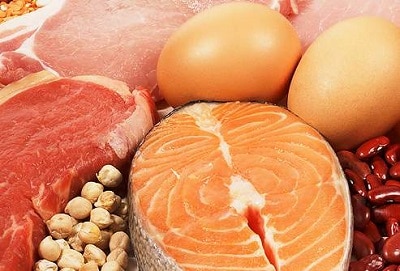
Meat
Lean meats and eggs are excellent sources of protein.
Fish
Fish is also a highly healthy choice for pregnant women because it’s packed with good nutrients such as Protein, Vitamin D and Omega 3, which are all essential for your baby’s development.
Here are some good fish to eat: Salmon, canned tuna, trout, sardines, cod, perch, sole, haddock, prawns/shrimp and crab.
Dairy Products
Dairy products such as milk and cheese are also outstanding sources of protein, though you might want to avoid soft imported cheeses and unpasteurized milk.
If you are vegetarian or vegan you may have more difficulty getting protein, but some vegetables, including spinach, provide protein. Tofu, nuts and legumes are also excellent protein sources.
Fruits and Vegetables
Fruits and vegetables provide healthy carbohydrates and can be excellent sources of energy. The nutrients contained in these foods are also excellent for developing babies.
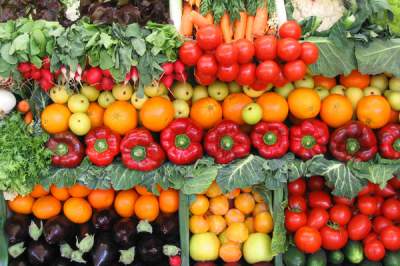
Strive to get at least 5 servings of fruits and vegetables daily. Dark leafy greens such as kale, spinach and collards are especially healthy choices and are unlikely to irritate your stomach.
Fiber and Grains
Dietary fiber provides protection against stomach problems during pregnancy and is vital for a developing baby. Many breakfast cereals and grains are fortified with fiber. Most fruits and vegetables are high in fiber, and pasta and breads also contain large quantities of fiber.
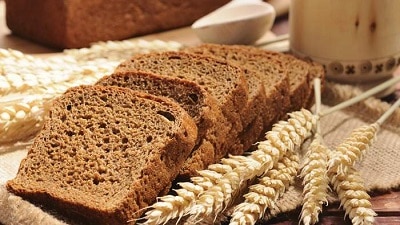
Try to get at least 8 1/2 servings of grains each day. The healthiest grains are whole grains, so you should choose wheat and multigrain bread instead of white.
Vitamins and Minerals
Your vitamin and mineral intake can affect the health of your pregnancy even before you get pregnant, but adequate nutrition during pregnancy becomes even more important.
Folic Acid
Folic acid is perhaps the most important nutrient you will need. It helps prevent birth abnormalities such as Spina Bifida, and most doctors recommend that pregnant women take a folic acid supplement.
Good sources of folic acid include: Spinach, oatmeal, orange juice, broccoli, dried beans and folic-acid fortified cereals and grains.
Vitamin C
Vitamin C and calcium are also important and can help to ensure a healthy delivery and healthy bones for both mother and baby. Good sources of these vitamins include citrus fruits and dairy products.
Iron
Iron is also especially important and can affect childbirth. Beef and chicken both contain high quantities of iron. Talk to your doctor about taking a prenatal multivitamin to ensure that you get enough of the vitamins and minerals you and your baby need to remain healthy.
Cravings
You may experience food cravings during your pregnancy, and may feel guilty about binging on sweet or salty foods. However, many doctors believe that food cravings occur when a person is lacking a particular vitamin or nutrient.
Listen to your body and eat when it tells you that you need to. During pregnancy, you should focus on the big picture of health rather than fretting over each food you eat. If you experience a craving for a food you should not eat during pregnancy, think about similar foods that contain the same nutrients. For example, if you are craving Brie, try eating cheddar instead. If you want sushi, consider making it yourself and use cooked fish or meat.
Reference: http://www.foodauthority.nsw.gov.au/_Documents/consumer_pdf/pregnancy-brochure.pdf





